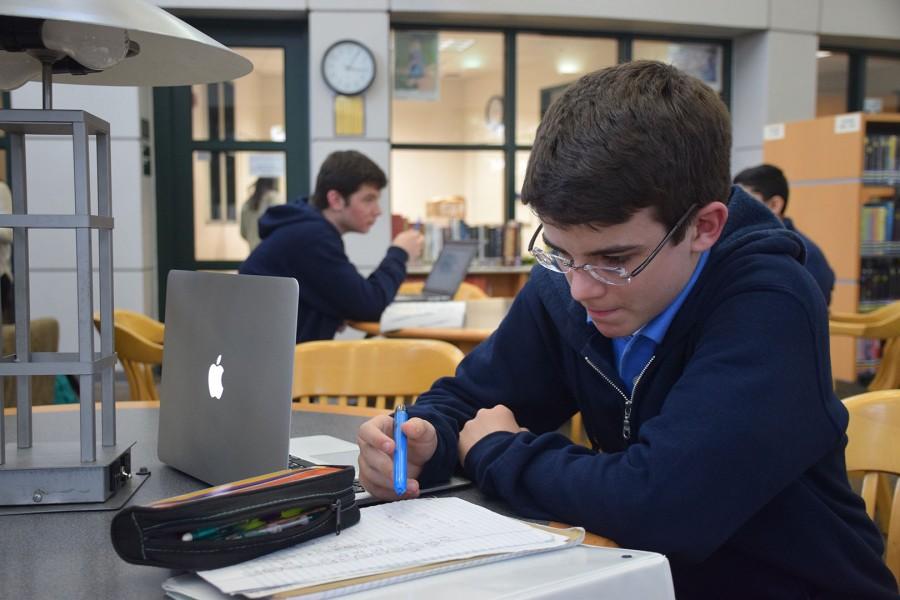School security has become increasingly relevant in light of numerous school shootings occurring nationwide. With the summer hire of Michael Keating as the Head of Security and other security improvements like the kiosk at the school’s entrance, Trinity appears to be addressing this matter.
Keating has had an extensive career in law enforcement and will undoubtedly bring his expertise to Trinity. He was employed by the Dallas Police Department for 35 years working in multiple departments, most recently on loan to an FBI counter-terrorism team. While Keating is an impressive hire and these changes are certainly an upgrade, there are unique issues with school security measures in general that are difficult to tackle.
Armed guards and security measures exist primarily to make students, faculty and parents feel safe. According to Collin County Community College, nearly 95% of school shooters are current students. This means they would have no problem entering the school, regardless of any reasonable security measure the school could implement.
Trinity plans to roll out a revised, up-to-date security plan in the near future and hopes to soon man the security kiosk at the entrance to the school. Although the plan has not yet been made public, Keating said the school aims to implement a sticker system for parents, as well as students, whose entrance into the school would be monitored by someone in the kiosk.
While a security presence on campus can be beneficial, much stricter security reforms would be needed to truly eliminate the chance of a serious security issue, such as a mass shooting. For example, Trinity could provide every student and faculty member with bulletproof vests, but the reason we don’t is apparent.
Security measures need to exist without significantly impeding upon the school’s learning environment. Security is a spectrum, and there are trade-offs that accompany any improvements. All reasonable changes the school can implement will inevitably be a facade, or pseudo-security. If the school were to enact security on a level that would actually be effective, the school environment would not be a positive place for students to learn.
No matter how prepared a school may seem for an emergency, it is still too easy if someone wanted to do harm. Matthew Mayer, a professor at Rutgers University who studies school violence, says that there is little evidence that security measures like armed guards reduce school shootings or violence. Furthermore, in a study conducted by Texas State University, zero of the 25 school shootings they looked at were stopped by an armed member of faculty. They typically ended when the shooter stopped shooting on their own or were restrained by an unarmed member of faculty.
Pseudo-security is beneficial in that it allows people to feel safe and focus on things like academics or extracurriculars that are important to them. And to be honest, it’s hard to say what the school really can do to prevent an incident from occurring. Instead, attention should be given to mental health or other issues the school can monitor, as security is impossible to implement to the extreme it would be needed to truly prevent a tragedy. Since school security is fallible, changes should be made to the guidance counseling department as well, because this is the only way to stop the problem of school violence at its roots.










